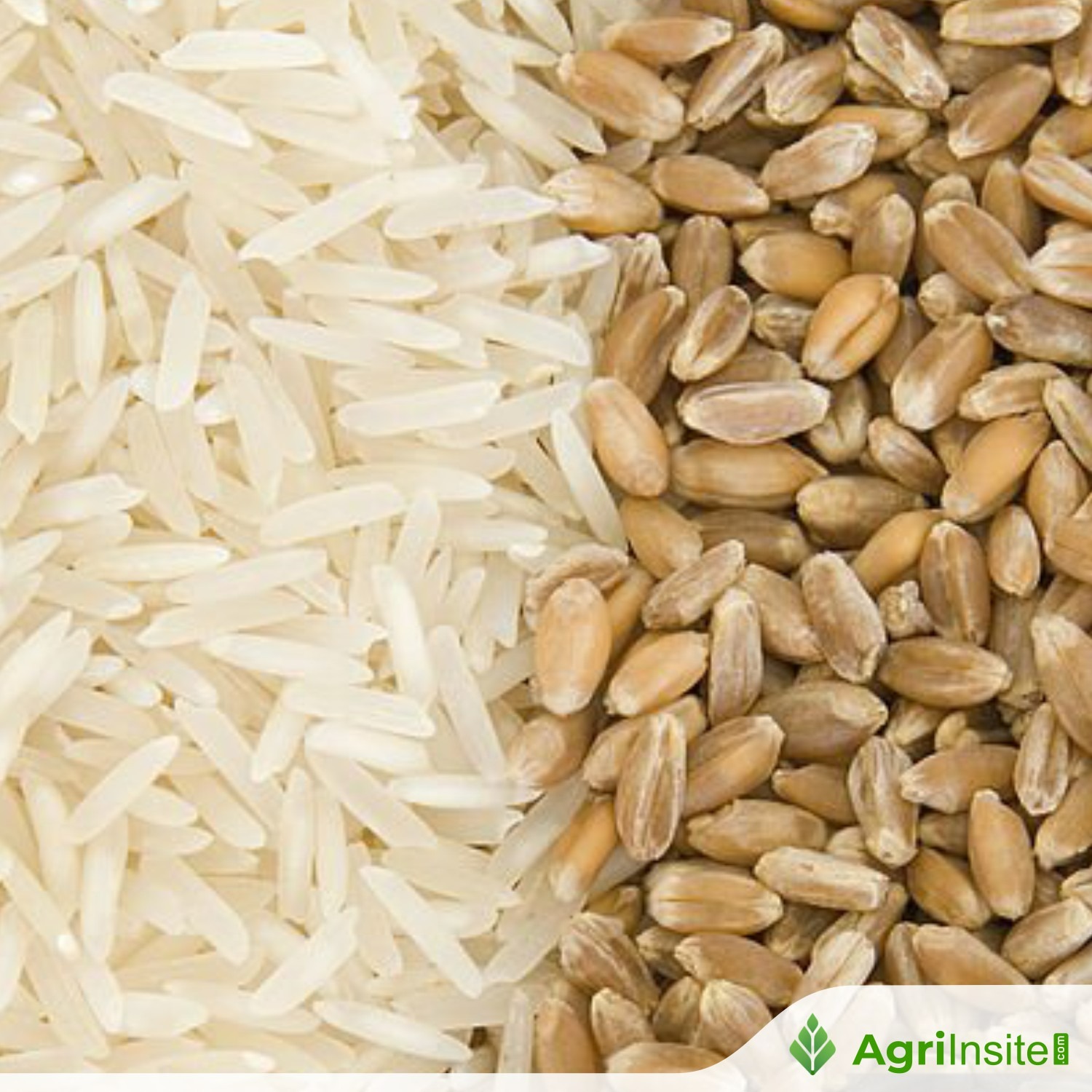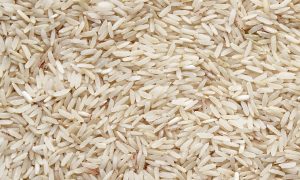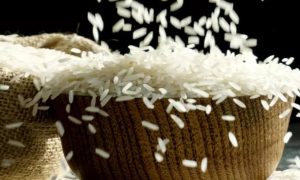Five WTO nations allege India provides excessive market support to wheat, rice

Argentina, Australia, Canada, Ukraine, and the US have raised concerns with the WTO regarding India’s market price support (MPS) for wheat and rice, claiming it distorts global trade. India’s support for rice was over 87% of its production value in recent years, well above the WTO subsidy ceiling of 10%. India has invoked the Peace Clause to defend its public stockholding program, which exceeds the limit. The country seeks a permanent solution to food stockpiling issues within WTO frameworks.
Five WTO members – Argentina, Australia, Canada, Ukraine and the US – have alleged that India provides excessive market support to wheat and rice which distorts global trade. In a communication of the World Trade Organization (WTO), these countries claimed that India’s apparent MPS (market price support) for rice appears to have been over 87 per cent of the value of production (VoP) in each of the two covered years (2021-23) for which India has notified data to the multi-lateral body.
“India appears to be providing significant market price support, both in terms of absolute value and as a percentage of the value of production, for rice and wheat,” according to the communication of these countries submitted to the WTO’s Committee on Agriculture.
An Indian official said that the country will suitably respond to this at a formal forum.
The communication said that India’s most recent domestic support notification covered more than USD 60.5 billion in “trade-distorting” domestic support under a rule of the Agreement on Agriculture (AoA).
It said that the co-sponsors of this document “look forward to future discussion of the significance of India’s MPS for rice and wheat for both India’s market and for world markets – both with India and with other members”.
In April, India invoked the Peace Clause of the World Trade Organization to provide excess support measures to rice farmers in the 2022-23 marketing year to sustain its existing public stockholding programmes for food security purposes.
Under the Peace Clause, WTO members refrain from challenging any breach in the prescribed subsidy ceiling given by a developing nation at the dispute settlement forum of the Geneva-based organisation.
Subsidies over and above the prescribed ceiling are seen as trade-distorting.
The limit is fixed at 10 per cent of the value of food production for developing countries like India.
New Delhi has made its submission that the country has fulfilled and continues to fulfil its domestic support notification requirements under the AoA.
India has notified the WTO that while the value of India’s total production of rice stood at USD 52.8 billion in 2022-23, a subsidy worth USD 6.39 billion was given to farmers during the marketing year.
The country has time and again called on WTO members to find a permanent solution to the long-pending public food stockpile issue, saying it is directly related to achieving the sustainable development goal of zero hunger by 2030.
The PSH (public stockholding) programme is a policy tool under which the government procures crops like rice and wheat from farmers at the minimum support price (MSP) and stores and distributes foodgrain to the poor.
Under the global trade norms, a WTO member country’s food subsidy bill should not breach the limit of 10 per cent of the value of production based on the reference price of 1986-88.
India has been seeking amendments to the formula for calculating the food subsidy cap.
As an interim measure, the WTO members at the Bali ministerial meeting in December 2013 had agreed to put in place a mechanism popularly called the Peace Clause and committed to negotiating an agreement for a permanent solution.
Under the Peace Clause, WTO members agreed to refrain from challenging any breach of the prescribed ceiling by a developing nation at the dispute settlement forum of the WTO.
This clause will be there till a permanent solution is found to the food stockpiling issue.














